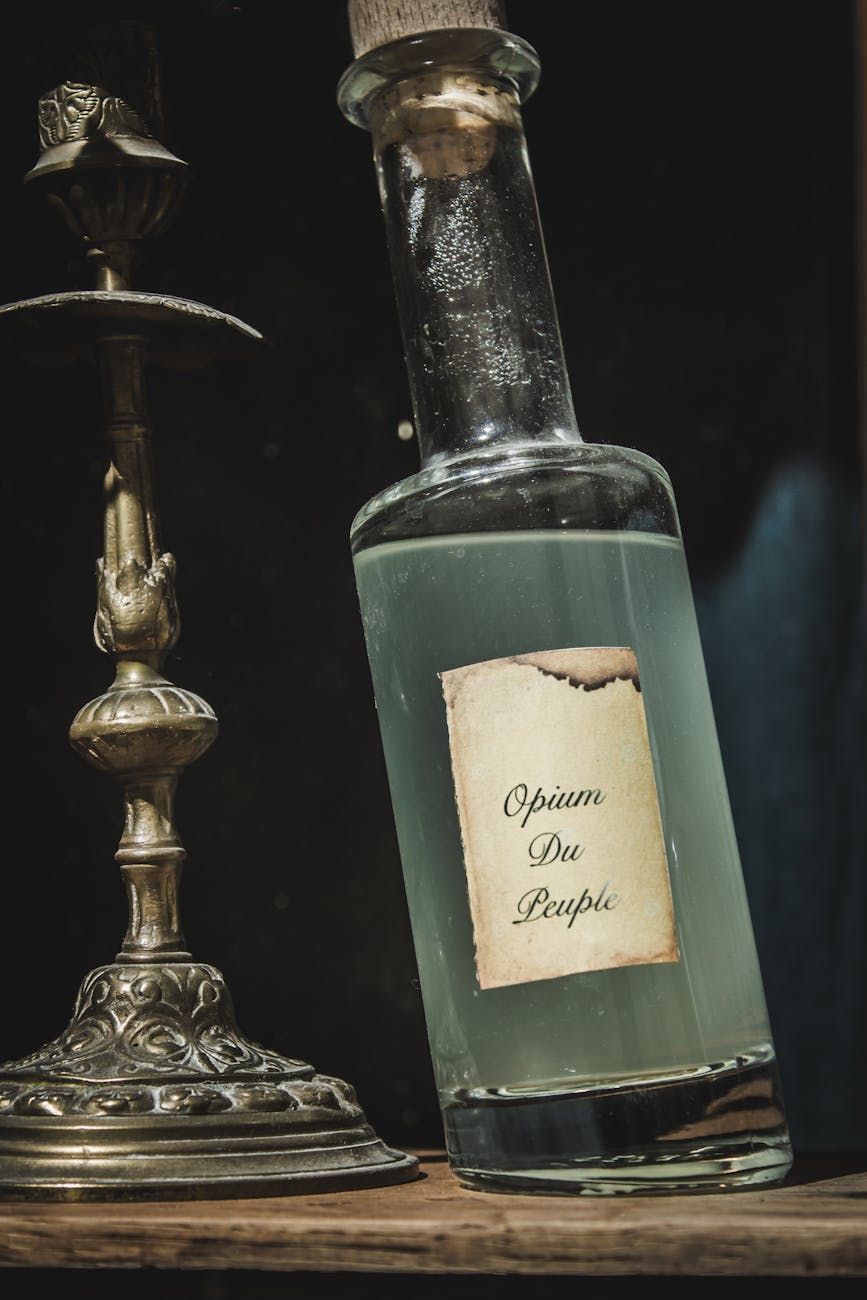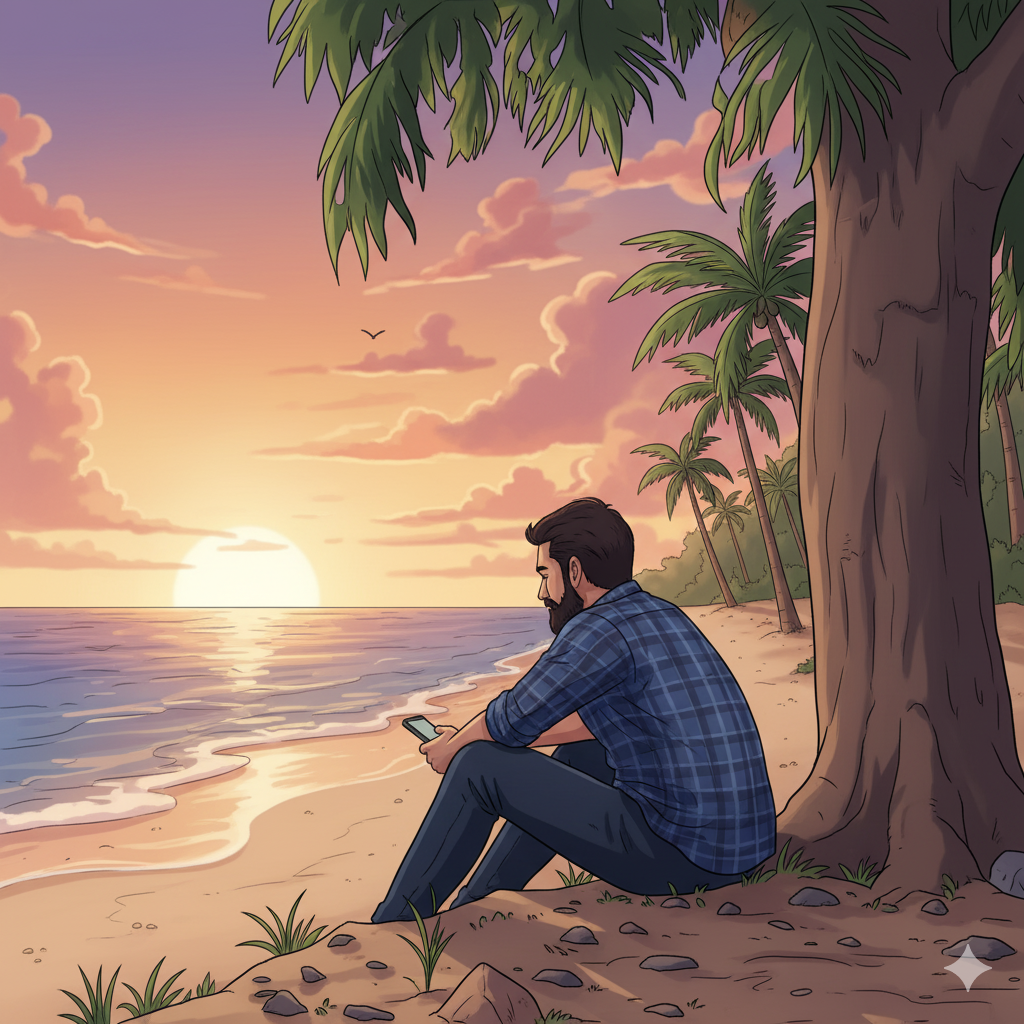Elias Thorne, a man whose life was a tapestry of quiet desperation woven with threads of unfulfilled dreams, inherited a key. Not just any key, mind you. This key, a slender piece of aged brass with a head shaped like a coiled serpent, was rumored to unlock any door. Any door in the universe, whispered the will of his eccentric, recently deceased great-aunt Mathilde. Elias, a librarian by trade, a man who dealt in the cataloging of worlds contained within the pages of books, scoffed at the notion. Mathilde, bless her eccentric soul, had always been prone to flights of fancy. He held the key in his palm, its cool metal a stark contrast to the burning skepticism in his heart. He tried it on his apartment door, a chipped and faded thing that had stubbornly resisted his own key just that morning. It didn’t work. The serpent’s head seemed to mock him with its silent, metallic grin.
Frustration mingled with a flicker of curiosity. Elias slipped the key into his pocket, a tangible reminder of Mathilde’s fantastical bequest. He spent the next few days caught in a whirlwind of legal procedures, settling the estate and sorting through Mathilde’s belongings. Her apartment was a trove of peculiar artifacts: dried herbs hanging from the ceiling, dusty tomes bound in leather, and strange, hand-drawn maps charting constellations that didn’t seem to exist. Amongst the clutter, Elias discovered a small, leather-bound journal. Its pages were filled with Mathilde’s elegant script, detailing her travels to places both real and imagined, interwoven with cryptic references to the key and its powers. One entry, written in a shaky hand just days before her death, sent a shiver down Elias’ spine. It spoke of a door, hidden within the heart of the Parisian catacombs, a door that led to a place ‘beyond the veil.’
Paris. The very name conjured up images of romance, adventure, and secrets whispered in dimly lit cafes. Elias, who had never ventured further than the local library, booked a flight. The hum of the airplane resonated with the thrum of anticipation in his chest. In Paris, he navigated the twisting streets, his senses overwhelmed by the city’s vibrant pulse. Following the cryptic clues in Mathilde’s journal, he found himself standing before the entrance to the catacombs, a gaping maw that seemed to swallow the light. The air was thick with the scent of damp earth and the whispers of forgotten souls. Armed with a flashlight and a growing sense of unease, he descended into the labyrinthine tunnels.
Hours passed in a blur of shadows and silence, punctuated by the drip, drip, drip of unseen water. Elias followed the intricate directions in Mathilde’s journal, his heart pounding against his ribs. He felt a strange pull, a sense of being drawn towards something unknown. Finally, he found it. A small, unassuming wooden door tucked away in a forgotten corner of the catacombs. Its surface was smooth and unmarked, save for a small, serpent-shaped keyhole. Elias’s breath hitched. He reached into his pocket and pulled out the key. It fit perfectly. With trembling hands, he turned the key. The door swung open, revealing not a wall of stone, but a swirling vortex of iridescent light.
Hesitantly, Elias stepped through. He found himself standing on a beach bathed in the light of two suns. The sand beneath his feet was a vibrant shade of purple, and the air hummed with an otherworldly energy. Strange, bioluminescent plants swayed in the gentle breeze. This was no ordinary beach. This was a world beyond anything Elias had ever imagined. He spent days exploring this alien landscape, encountering creatures that defied description, plants that glowed with an inner light, and landscapes that shifted and changed before his eyes. He met the inhabitants of this world, beings of pure energy who communicated through telepathy, sharing their wisdom and knowledge with the bewildered librarian. He learned of the interconnectedness of all things, the delicate balance of the universe, and the power of intention.
He discovered that the key didn’t just unlock doors; it unlocked potential, possibilities, and the hidden dimensions within himself. He learned to manipulate the energy of this world, to heal, to create, and to connect with the universe in ways he had never thought possible. But a nagging feeling persisted, a sense of incompleteness. He could unlock any door in the universe, yet he couldn’t unlock the door to his own apartment. He couldn’t unlock the door to his own heart, still locked in a cage of self-doubt and regret.
One day, as he sat on the purple sands, watching the twin suns set in a blaze of glory, he realized something profound. The key wasn’t meant to unlock physical doors. It was meant to unlock the doors within himself. The doors to his own potential, his own creativity, his own love. He realized that the greatest journey he could undertake wasn’t to other worlds, but to the world within. With a newfound sense of purpose, he stepped back through the swirling portal, back into the damp darkness of the catacombs.

Returning to his ordinary life, Elias found that everything had changed. He saw the world with new eyes, appreciating the beauty in the mundane, the magic in the everyday. He started writing, pouring the experiences of his otherworldly journey into his work, creating stories that resonated with the same wonder and awe he had felt on the purple sands. He reconnected with old friends, fostered new relationships, and opened himself up to the possibility of love. He even fixed that chipped and faded apartment door, not with the magical key, but with his own two hands. He realized that the true power of the key wasn’t in its ability to open any door, but in its ability to open him to the possibilities that lay within himself. He had inherited a key that could unlock any door but his own, and in doing so, he unlocked the greatest door of all.
He still kept the key, tucked away in a small wooden box on his desk. A reminder of the incredible journey he had undertaken, and the even more incredible journey that continued within. A journey of self-discovery, of creativity, and of love. And that, he realized, was the greatest adventure of all.






Leave a Reply